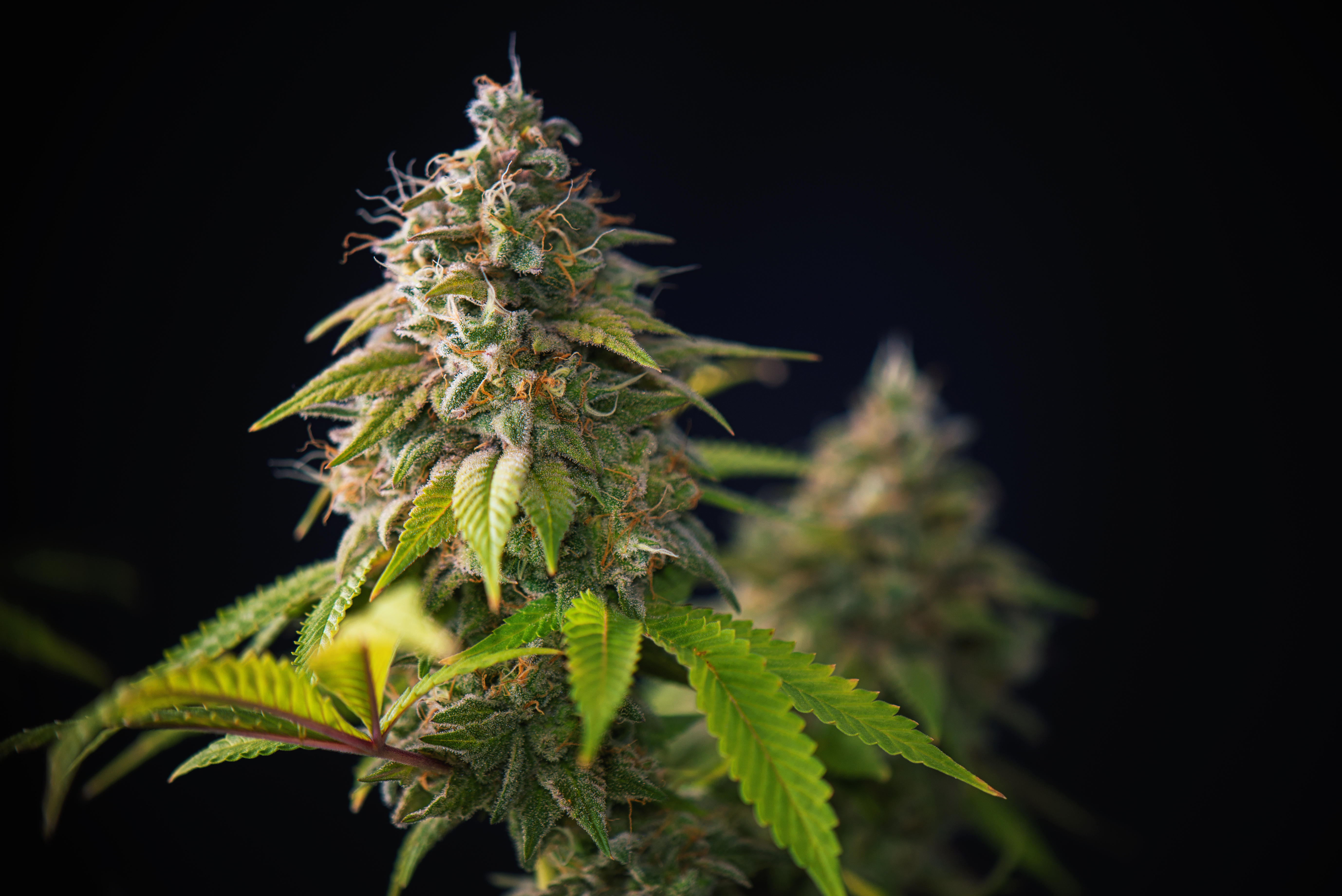The Future of Cannabis in Germany: What to Expect After the 2025 Elections
Published on 19th February 2025
The German cannabis industry is transforming rapidly. The introduction of the Cannabis Act (CanG) in April 2024 brought significant changes to both the medical and recreational cannabis sectors. Let's explore the current state and future outlook.

What is the Current State of the Medical Cannabis Industry?
The CanG as well as the associated Medical Cannabis Act (MedCanG) has driven notable growth in the German medicinal cannabis market. Regulatory improvements and increased patient access are key factors.
Reclassification and Acceptance
Cannabis is no longer classified as a narcotic. This change has enhanced its acceptance as a therapeutic option. Healthcare professionals and patients find the prescription process simpler, improving accessibility. Therefore, medical cannabis prescriptions in Germany have risen significantly.
Sales and Imports
Medical cannabis sales in 2024 were estimated at EUR 450 million. Further expansion is expected in 2025. Imports have grown rapidly, with approximately 40 tonnes imported last year. The removal of the tender process for domestic cultivation licenses has opened the market to competition. This paves the way for increased local production and reduced reliance on imports.
Telemedicine and Challenges
Telemedicine has been a key driver of this growth. It offers patients easier access to medical cannabis therapies. However, this digital development has also drawn criticism. Concerns over overprescription and inadequate patient screening by some providers persist.
Cost Barriers and Reimbursement
While demand for medicinal cannabis is growing, cost barriers remain a challenge. Only a few therapies are reimbursed by health insurance programs. In October 2024, the Federal Joint Committee (GBA) introduced a new reimbursement policy. Doctors from specific medical fields or with specific qualifications can now prescribe medical cannabis for reimbursement without prior insurance approval. While this is a step forward, reimbursement challenges persist.
What is the Current State of the Recreational Cannabis Industry?
The recreational cannabis market is still in its early stages. It faces regulatory complexities and political uncertainties.
Partial Legalization and Home Cultivation
The Consume Cannabis Act (KCanG) has partially legalized adult-use cannabis. It decriminalised the possession of small quantities of cannabis for private purposes and allows private home cultivation within certain limits and community-based cultivation through non-commercial cannabis cultivation associations (cannabis clubs).
Challenges and Licensing
That being said, cannabis clubs face significant challenges during their roll-out. Licensing processes are being delayed by bureaucratic hurdles and inconsistent regulations across federal states. As of January 2025, 444 applications for cannabis club licenses have been submitted. Of these, 83 licenses have been granted, 12 rejected and 349 are still under review. However, the first licensed clubs have started distributing their harvests to members, which is pointing in a positive direction.
Scientific Research Projects
The German government’s initial proposal for the gradual implementation of cannabis legalisation envisaged a “two-pillar model”: In a first step, implemented by the new CanG in April 2024, the possession and cultivation of small quantities of cannabis for private purposes was decriminalised (first pillar). In a second step, the commercial distribution of cannabis was to be tested in regionally limited and state-controlled pilot projects (second pillar). To date, this second pillar has not yet been implemented.
However, Section 2(4) of the KCanG allows for scientific research projects to test the controlled supply of recreational cannabis as subject of a scientific study. These model projects aim to collect data on the societal and health effects of regulated cannabis distribution. Several cities such as Berlin, Frankfurt and Hannover have already announced plans for such projects in collaboration with universities and companies.
What Can We Expect After the Elections on February 23?
The upcoming elections on 23 February 2025 will play a pivotal role in shaping the future of cannabis legalization in Germany.
Political Landscape
Looking at the election programmes of the different political parties, their positions on the legalisation of cannabis differ widely. The CDU/CSU, currently leading in polls, opposes legalization and advocates for repealing the CanG. Although such rhetoric has raised concerns, a complete reversal of cannabis legalization is deemed unlikely.
Potential Changes and Regulations
If the CDU/CSU wins the elections, they will likely have to form a coalition with parties that supported the legalization efforts. This makes a complete rollback unlikely. Instead, stricter regulations are expected, especially for the recreational sector. Pillar 2 legislation is likely not coming to fruition.
The medical cannabis market, as an established and widely accepted sector, is expected to remain largely unaffected. However, stricter controls, particularly for telemedicine platforms, might be introduced to address concerns over patient screening and prescription practices.
If the newly elected government puts changes to the current cannabis situation on their political agenda, a more balanced approach is likely. This would ensure the continuation of existing laws while tightening existing regulations and addressing areas of concern.
Osborne Clarke comment
The German cannabis industry is at a turning point as it enters 2025. While the medical cannabis market has matured and continues to grow, the recreational sector faces challenges related to bureaucratic hurdles and regulatory complexities.
The upcoming elections will undoubtedly shape the future trajectory of legalization efforts. However, progress achieved so far is unlikely to be reversed. With the groundwork laid by the CanG and ongoing regulatory refinements and scientific research, both the medical and recreational cannabis markets in Germany have the potential to thrive in the years ahead.



